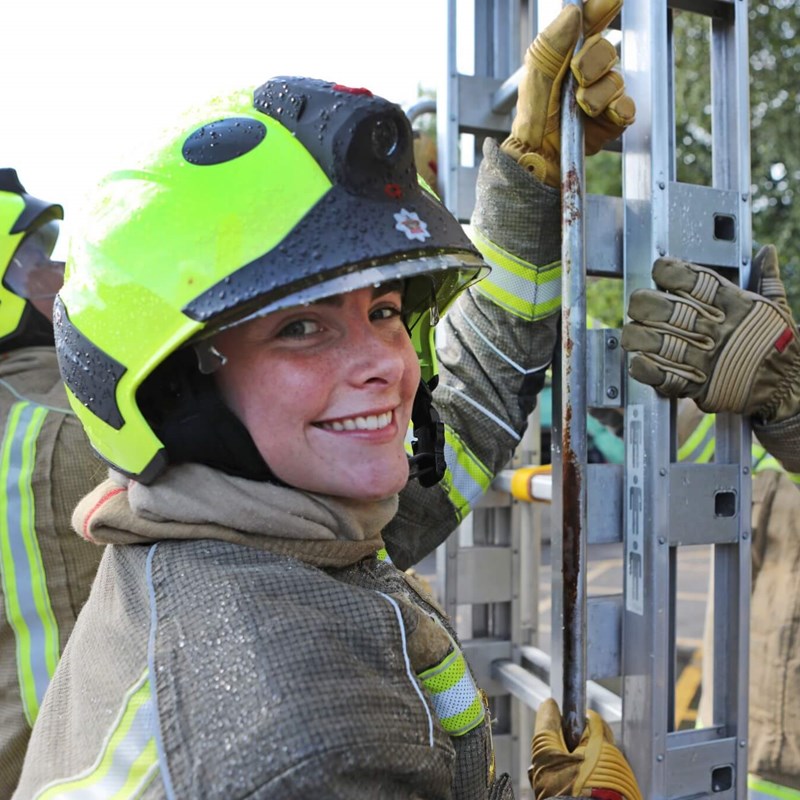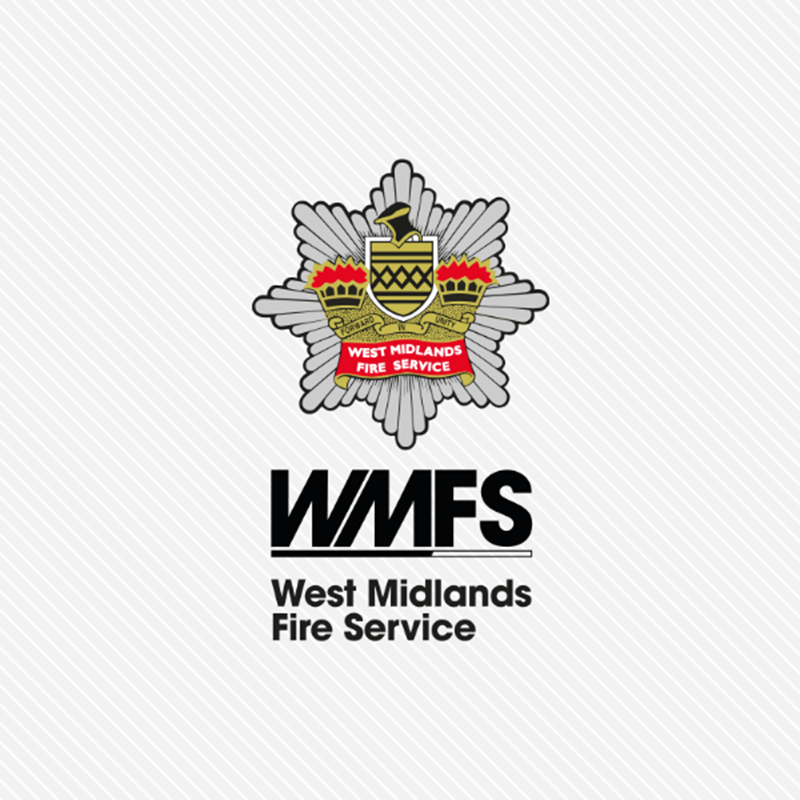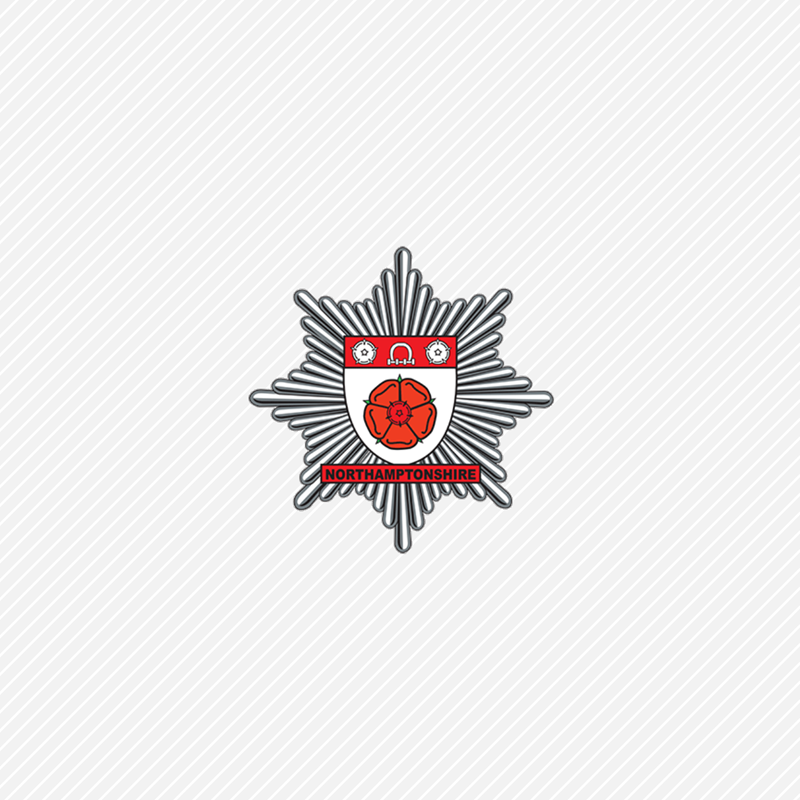Find who's recruiting and how to apply
It's all about teamwork. Below you can see all the participating Fire and Rescue Services, find out what this is all about and find opportunities near you. Take the first steps and apply now.

As a wholetime firefighter you will be employed full time by your Service, working on a shift pattern which calls for working days, nights, evenings, weekends and public holidays.
The majority of firefighters that protect the UK serve on a part-time basis according to their availability.


To start the application process simply enter your postcode in the box below and click 'Search'.